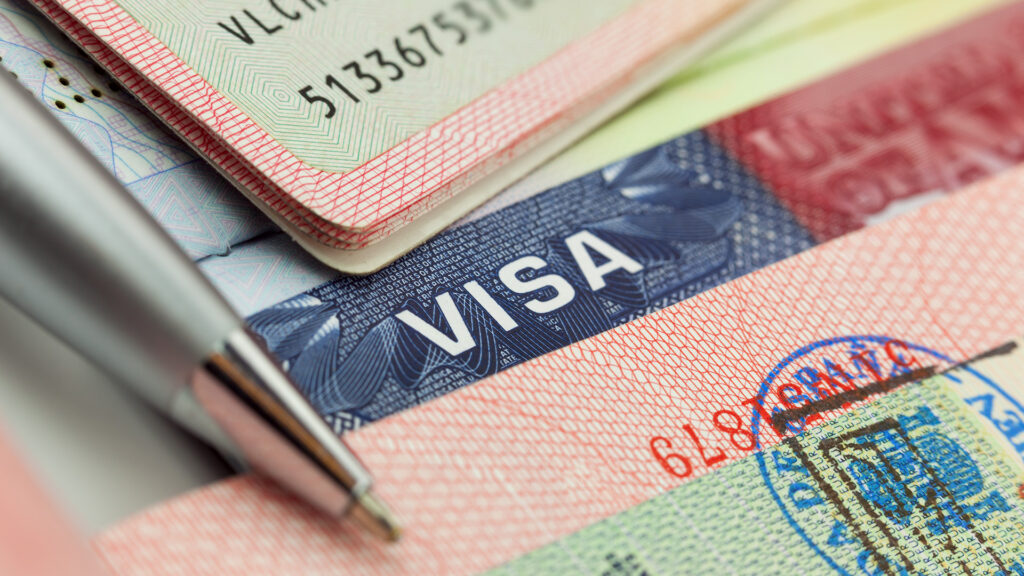The recent changes to the immigration rules, which came into effect on 22 July 2025, significantly raised the required skill level for new Skilled Worker applicants, as discussed in our previous article. Transitional provisions also now apply to certain workers already sponsored under the previous system. These include lower minimum salary thresholds and specific requirements for nurses and care workers. Sponsors who wish to rely on these provisions will need to include specific information in the Certificate of Sponsorship (CoS) request, or when assigning the CoS to the individual, to make it clear to the Home Office that the transitional provisions have been met.
In this article, we guide you through what information you’ll need to include in the CoS.
Transitional Skilled Worker roles below graduate level
When you intend to sponsor a worker below graduate level under a transitional provision, the request for the CoS must include:
- a statement confirming the worker meets the transitional provision for the required skill level
- the worker’s full name, nationality, date of birth and Home Office reference number
- the worker’s most recent CoS number, if available
Without this information, the request could be rejected. Additionally, a request for a CoS under a transitional provision can only be made if you have identified a specific worker and not for speculative requests.
Auxiliary nurses
For the occupation (SOC) code 6131, the CoS should contain a declaration that the role involves working in an environment where at least one registered nurse is present.
This can be included either in the CoS job description field, by adding a sponsor note after you’ve assigned the CoS, or in your request for an additional undefined CoS.
Without this declaration, the CoS application could be rejected, or the end visa application could be rejected or refused.
Care workers and senior care workers
Employees now need to meet the following conditions to be sponsored under the occupation codes for care workers (SOC 6135) and senior care workers (SOC 6136): they must already be in the UK and have either legally worked for your organisation as a care worker or senior care worker for at least three months before the CoS is assigned, or have held continuous Skilled Worker permission in a care role since before 22 July 2025.
When assigning or requesting the CoS, you should include a short explanation about how the individual meets the above criteria. The guidance provides some template wording:
- “The worker has been employed by us as a care worker / senior care worker since [date]” – you should also state what type of immigration permission they have.
- “The worker was last granted permission as a Skilled Worker to work as a care worker / senior care worker and has had continuous permission since then” – where possible, you should also include their most recent CoS number.
Similarly, when assigning the CoS, you should include the statement in the CoS job description field or as a sponsor note after the CoS has been assigned. Without this information, the CoS application could be rejected or the end visa application could be rejected or refused.
These new requirements only apply until 22 July 2028. After this date, we expect it’ll no longer be possible to request or assign new undefined CoS to care workers or senior care workers. However, this date could be pushed back if job shortages in the care sector continue to prevail. Conversely, the date could also be brought forward, and care provider sponsors will need to keep a close eye on any changes.
There are several things that care sponsors should continue to do. These include confirming the work location of the sponsored role, continuing to include the Care Quality Commission reference number, and ensuring their registration status remains ‘active’.
How can we help?
Our specialist Business Immigration team is here to guide sponsors through every step of the CoS process, helping to minimise risk and maximise compliance. It may seem simple, but the sponsorship process can take a lot of time and administrative effort. With our support, we can make it as smooth as possible, saving you time in the long run.




